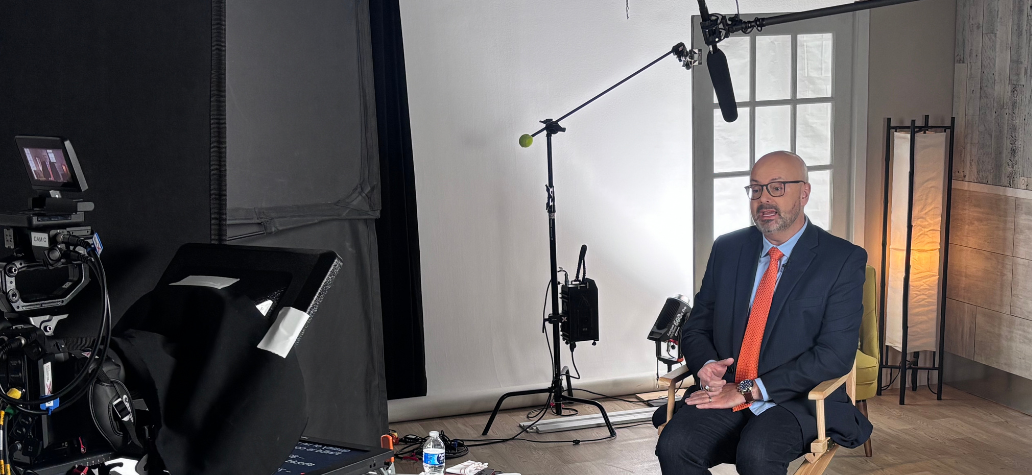Ensuring access to financial education is an important aspect of our work, and at the 2024 FEI&I Summit, we as a field celebrated the recent successes that have helped address the issue of access in the U.S., which led to discussions on how to build from this momentum.
In 2022, at our initial FEI&I Summit, our discussions around financial education access focused on the lack of opportunities for all Americans to learn. Since then, momentum has shifted and the support for access to financial education has grown. Examples range from the number of state legislatures that have passed a K-12 financial education graduation requirement more than doubling in two years, to the evolution of fintech as educational tools.
At the 2024 FEI&I Summit, conversations around access took a slightly different turn. There was acknowledgement of barriers to overcome (e.g. wealthier school districts continuing to have better programs, how adults can engage with unbiased, high-quality content, etc.), but conversations on access evolved to how specific communities and demographics should be addressed and how success stories can become best practices that policymakers, researchers and advocates can bring back to their communities.
Here is how some of NEFE’s thought leaders felt about how financial education access was addressed at the FEI&I 2024 Summit:
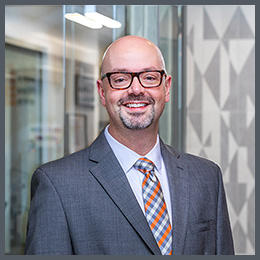
“We all want access to financial education to be without barriers, but sadly it is not. What was so powerful about listening to so many innovative approaches to removing these barriers is the joy I felt when I considered how many more people are going to benefit. No matter how long I’ve been in financial education, I never tire of learning about new, game-changing approaches in providing access to this essential topic.

“Access to financial education should not and cannot be limited to merely expanding opportunities to gain more insight and knowledge. Full access ensures the expanded opportunities are from the learner’s point of view and prioritizes their experiences and needs.
-- Michelle Samuels-Jones, Senior Vice President, Equity and Engagement
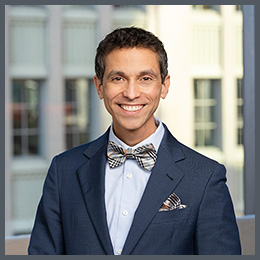
“The bottom line is that we need historically marginalized groups to catch up in meaningful ways for financial education access to be truly effective. To accomplish that, we need detailed, culturally responsive, identity-conscious strategies across the personal finance ecosystem that doesn’t just deliver content, but allows people and communities to be empowered to improve their lives. When access is supplemented with respecting and understanding the unique barriers and strengths of diverse communities, this increases the opportunity to achieve financial security and intensifies subjective financial well-being for all humans.
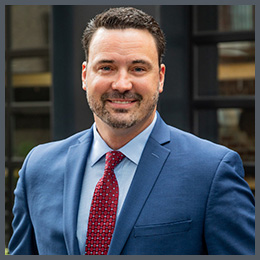
“Effective financial education centers on access that is fair, inclusive and intentional. This isn’t a passing trend, but a shared responsibility across our entire field. Whether it’s dismantling systemic barriers, addressing discrimination, closing the digital divide or creating culturally relevant learning experiences, we must ensure financial education reflects the diverse communities we serve and meets people where they are. The Summit offers a space for honest reflection and collective progress in this critical work.

“Access without intentional design and inclusivity to excluded populations is not true access. The conversations at the FEI&I Summit reinforced that effective financial education must be community-informed, research-driven, and sustained through trusted partnerships. I was especially energized by one-on-one conversations that bridged innovative academic insights that provided demonstrable results from on-the-ground practitioners—that’s exactly the kind of collaboration which underpins NEFE’s research-to-practice laboratory. To truly scale equity in financial education, we must prioritize co-creation with communities, develop identity-conscious interventions, and invest in long-term relationships across the financial ecosystem that can truly remove barriers to access.

“The tie between “access” and “trust” came to the surface during the breakout sessions. Yes, more than half of U.S. states now have K-12 financial education graduation requirements, and yes, a significant majority of U.S. adults wish they were taught financial education in school. However, there are demographics out there who currently have access to financial education, but if they don’t necessarily trust the source, they won’t take the step to engage or utilize the information. Going further, methods for gaining that trust can include teaching topics that make sense to the specific demographic and then doing the work to follow-up and continue the relationship after the initial teaching is over.
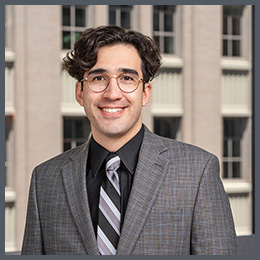
“It is wonderful to work for an organization with a clear mission where everyone has access to financial education across the country. Beyond this, I look forward to seeing what we can accomplish in making FinEd accessible to all. Through partnerships and other initiatives, we have made a great splash, but there will definitely be more to come.

